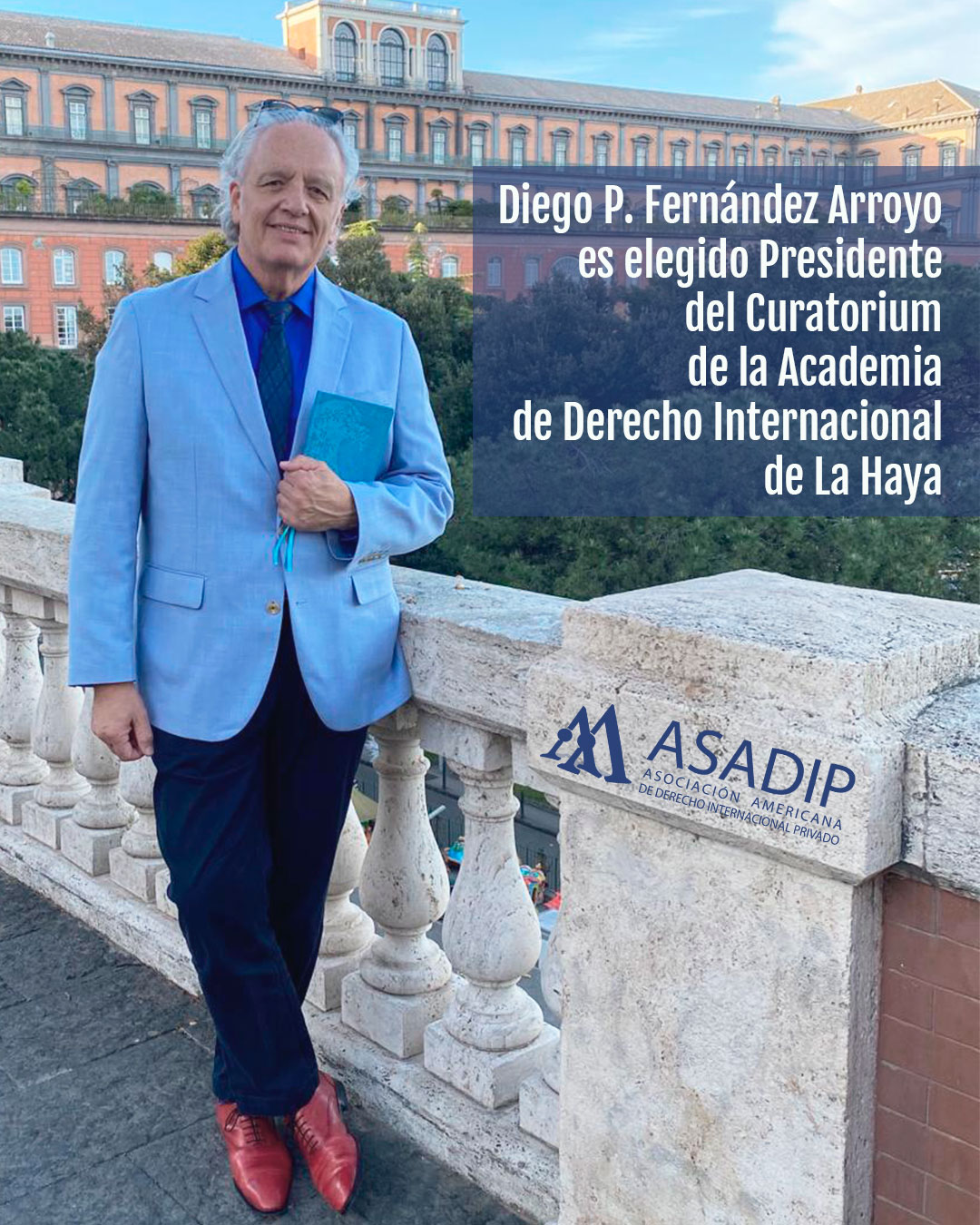Post authored by Lance Huckabee, JD candidate and Global Legal Scholar at the University of Pittsburgh School of Law
When a foreign sovereign breaches a commercial contract with a private entity, what recourse does the wronged party have? In the United States, the Foreign Sovereign Immunities Act (FSIA) governs such disputes, providing an exception for commercial activity that causes a “direct effect” in the U.S. Yet, the definition of “direct effect” has remained elusive, leading to decades of judicial inconsistency and a deepening circuit split.
At the heart of this legal uncertainty is the Supreme Court’s decision in Republic of Argentina v. Weltover (1992), which sought to clarify the issue but instead left room for widely divergent interpretations. Some circuits have adopted a flexible, causation-based approach, analyzing whether a foreign state’s breach had an immediate consequence in the U.S. Others, like the recent D.C. Circuit decision in Wye Oak Tech., Inc. v. Republic of Iraq, have imposed rigid bright-line rules—specifically requiring that the contract contemplate the U.S. as a place of performance. This formalistic approach creates a dangerous loophole, allowing foreign states to structure agreements in a way that insulates them from jurisdiction. As a result, a U.S. business may suffer substantial financial harm from a foreign sovereign’s breach but find itself without legal recourse simply because the contract was silent on where payments were to be made.
This restrictive interpretation undermines the FSIA’s core purpose: to hold foreign sovereigns accountable when their commercial activities impact U.S. businesses. By prioritizing contractual language over economic reality, decisions like Wye Oak erode the ability of American companies to seek redress, making sovereign breaches effectively consequence-free. A proper interpretation of the FSIA should align with Weltover’s focus on causation, ensuring that foreign states cannot exploit technicalities to evade liability. If left uncorrected, the current trend risks turning the FSIA into little more than a paper shield—one that protects sovereigns rather than those they harm.
The Wye Oak decision exacerbates both intra- and inter-circuit inconsistencies, further complicating the FSIA’s application and weakening the commercial activity exception in breach-of-contract cases. By imposing a rigid bright-line rule, it unduly narrows the scope of what qualifies as a “direct effect,” creating uncertainty for U.S. businesses engaged in international commerce. With Wye Oak’s attorneys petitioning for certiorari in January 2025, the case presents a critical opportunity for the Supreme Court to resolve the longstanding circuit split on the FSIA’s direct effects clause.



